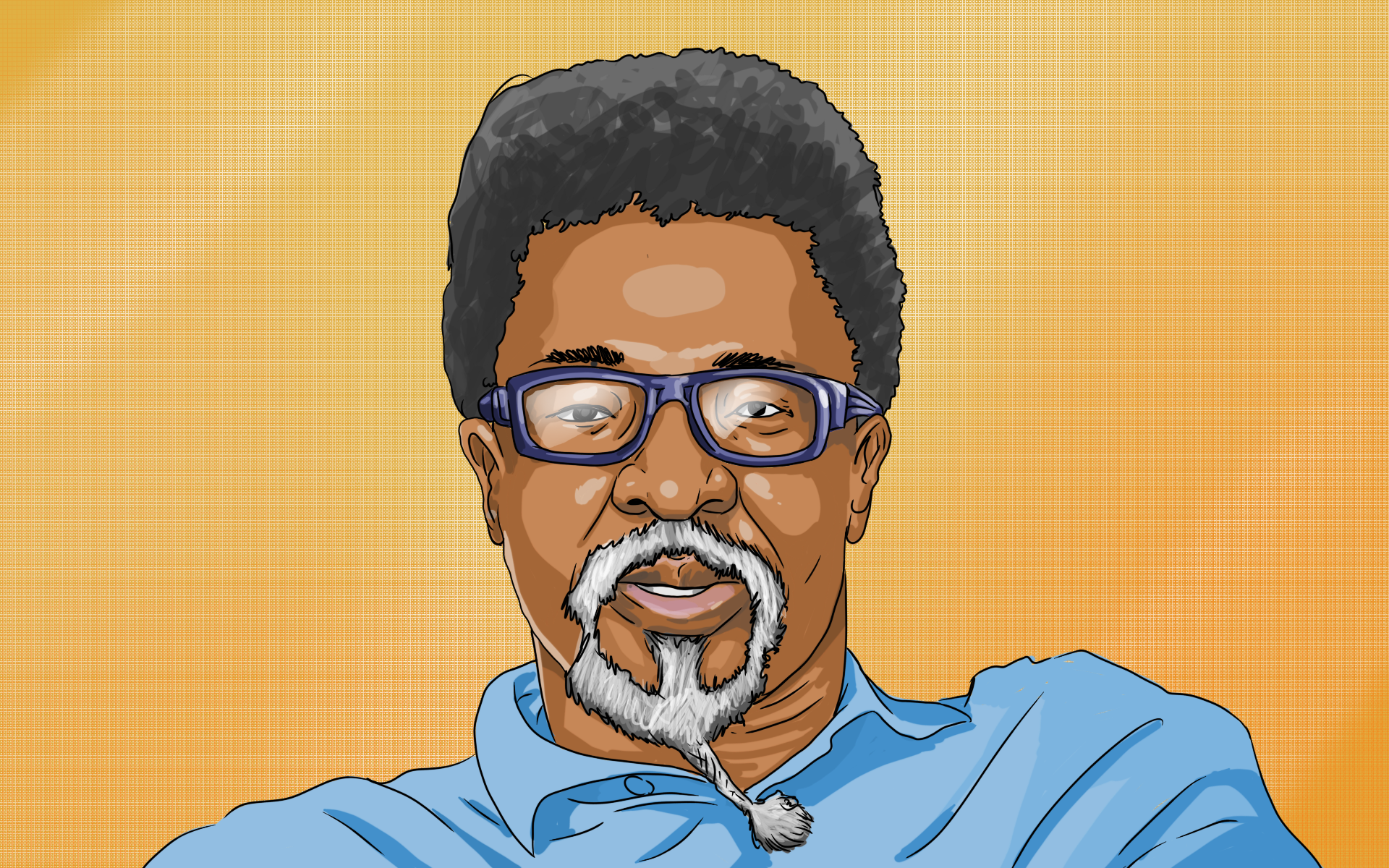If Winston Churchill was right when he said that “democracy is the worst form of government, except for all the others”, we are invited by the rise, today, of populist and authoritarian narratives to add that the market as a means of organising a state’s economic and financial affairs is the worst resource allocation mechanism, except for all others.
I do not like markets. At the retail level, they could be loud locations — literally and metaphorically. In their circadian play, signals are often lost in the noise. At their most complex, not even their most savvy operators grok them fully. Reason enough to give up on markets? These are but a minuscule part of the difficulty presented by markets, however. The extremes of affluence and want that they thrive on and give rise to was the main reason dialectical materialism seduced me in my early teens. Plainly, no system can be more unfair than one that persists in transacting with an Aliko Dangote and Ifeanyi Uddin without making exceptions (tax maybe) for the clear differences in means that separates these two citizens. Should it matter (and how) that Dangote has taken educated investment risks all his adult life, and consequently built more value over the years than Ifeanyi?
Also Read: Gorbachev and the imperative of universal human values
Markets create all manner of possibilities. They yield more gains than pain on balance, only if they are properly run. That is in order to function properly, markets require that they are not rigged, from the beginning, against certain types of players. They have few lets on new businesses being started easily. And the process of business failure, bankruptcy, is not just as easy, but carries no stigma with it. Instead, well-run markets describe business failures not associated with criminal activity as badges worn by entrepreneurs, who may now better understand what it takes to succeed. And are thus likelier to do better in their next endeavours. No matter how properly run, though, markets also present the risk that some members of society may fall so far down the earnings ladder that they run the risk of being exiled from humanity. At the Vatican of the free market (the United States of America), myriad other associated failures — the opioid epidemic, and gummed up housing markets cast ever darkening shadows over this canvas.
Nonetheless, an effective regulatory framework is the less-than-perfect foil to the many alternatives to the market. The lead alternative remains the five-year plan favoured by the Union of Soviet Socialist Republics. Under this arrangement, the leadership picks industries that will succeed and the ones that will fail. And apportions resources accordingly across fixed time periods.
These different dimensions of the market place a massive premium on regulation. At its most basic, the regulatory challenge focusses on advancing the consumers’ welfare, and guarding against monopoly behaviour amongst sellers. In other words, proper regulation of markets should ensure that consumers are not gouged through monopoly prices, nor sold sub-specification goods and services. Nonetheless, an effective regulatory framework is the less-than-perfect foil to the many alternatives to the market. The lead alternative remains the five-year plan favoured by the Union of Soviet Socialist Republics. Under this arrangement, the leadership picks industries that will succeed and the ones that will fail. And apportions resources accordingly across fixed time periods.
Also Read: Ukraine: From Outcomes to Opportunities
To its credit, Soviet central planning and allocation raised the bar aggressively across space research and armaments production. But the more quotidian needs of the economy slipped through its Stakhanovite phalanges. On the face of it, the state appeared to draw up plans faster than its bureaucrats could implement them. More fundamentally, however well intended, the apparatchiks, it turned out, could not correctly call the channels toward which society’s instincts eventually moved. Inevitably, a familiarity with things past, and their contemporary incarnations, means that bureaucrats in planned economies are even more willing to prevent innovation than to foster the status quo.
That the “democratic ideal”…is no less a market for ideas than the idea of a “perfect market”…is for goods and services, is one point that we do not make enough of. Especially in our new reality where both populists and would-be hijackers of the state offer to trade the prospect of collective growth and stability for individual liberties.
The Soviet system tried to square the resulting circle by rationing and queues. Unfortunately, it was not just goods and services that were handed out to citizens according to the state’s assessment of their needs. The state felt compelled to ration and build queue-guides around its citizens ability, by essaying to control what they could think and do. That all forms of central planning inevitably result in a dictatorship is a point Friedrich August von Hayek pointedly made in his Road to Serfdom. No matter how you divvy it up, ultimately, “State interference is an evil, where it cannot be shown to be a good”, as Oliver Wendell Holmes Jr. so expressively put it.
Also Read: Manufacturers Spent N71.22Bn To Provide Alternative Power In 2021
That the “democratic ideal” (one man, one vote as the basis of the organisation of the state) is no less a market for ideas than the idea of a “perfect market” (plenty buyers and sellers and no information asymmetry) is for goods and services, is one point that we do not make enough of. Especially in our new reality where both populists and would-be hijackers of the state offer to trade the prospect of collective growth and stability for individual liberties. If Winston Churchill was right when he said that “democracy is the worst form of government, except for all the others”, we are invited by the rise, today, of populist and authoritarian narratives to add that the market as a means of organising a state’s economic and financial affairs is the worst resource allocation mechanism, except for all others.

